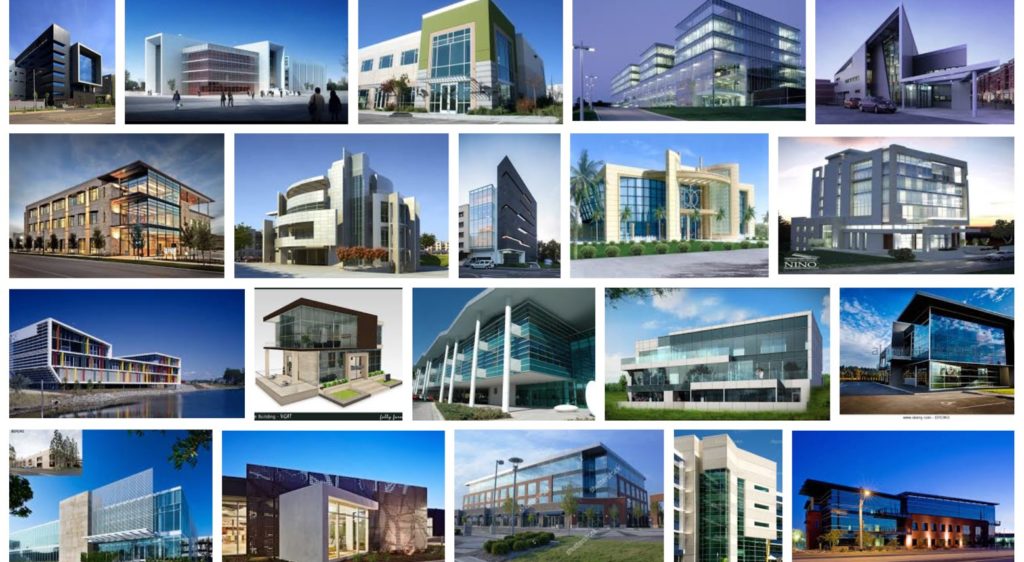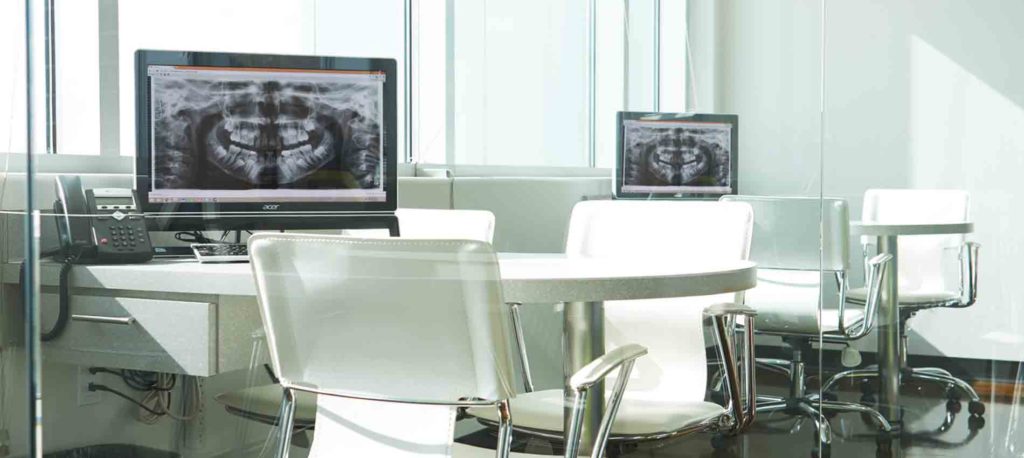Choosing the right location is vital to the overall success of your practice.
Why are more and more health and wellness providers choosing retail space? Is it the right choice for you?
Most medical providers traditionally have utilized office space or standalone buildings and condos for their practices. Today, it seems like there are providers in every strip mall and shopping center. What is fueling this shift?
The answer is a combination of a shift in how patients find and research providers, and increased competition for patients. The internet has made it easy to search for everything “near you,” including care providers. Many potential clients will simply choose the closest choice with good reviews, and can base their choice on practices they’ve noticed in their neighborhood. Our convenience-based culture makes retail space an obvious choice for many providers.
Is retail space the right choice for you? Here’s are some questions to consider:
What are the benefits of retail real estate for a practice?
Visibility
Traditional health and wellness offices are nearly invisible, and have to be intentionally referred. Retail spaces have signage, which means exposure.
Memorability
With the right signage and a diverse tenant mix, potential clients are likely to remember your practice long before they need it—especially if they drive by often or see you every time they stop for coffee.
Convenience
These days, convenience is not only desirable, it’s expected. With a busy life, people will always choose the provider that makes their visit easy.
Easy Parking
No one enjoys hunting for a spot in a giant parking garage, slogging through multiple hallways, and hunting for a tiny sign with a suite number. In a retail space, patients can often pull right up to your door.
Familiarity
People visit retail spaces every day, and locating your practice “right across from the grocery store” makes you an easy, comfortable choice.
Ease of Access
No memorizing a map at the door, taking an elevator, or winding through a maze to your office. Most retail spaces are single-story and designed for easy ingress and egress.
Higher Revenue
All the benefits above have the potential to greatly increase profits for your practice.
What types of practices benefit the most from choosing retail space?
Family Practice/Internal Medicine
Having a “family doctor” in the neighborhood is a wonderful feeling. Easy to visit, near places they regularly shop, and less stressful than many traditional settings, people are more likely to develop a relationship and feel comfortable for frequent visits.
Urgent and Emergency Care
People who need fast or immediate care require fast, convenient access. Long before people actually need these services, they’re likely to mentally note the nearest Urgent Care.
ENT/Allergy
Patients with issues that don’t feel life-threatening can often ignore them for a long time—unless it’s as simple as dropping by to see a doctor while they’re out shopping. And in anticipation of repeat visits, they’re likely to choose the nearest, most-credible practice.
Dental
People usually expect to visit their dentist several times a year, so ease of access is usually high on their list when choosing a provider.
Veterinary
With more vets available literally inside pet stores, choosing a convenient retail space is practically essential for an animal practice.
Optometry
Creating the experience of a quick, fun shopping experience for optometry visits can quickly generate loyal customers, and promotes the retail component of selling eyewear.
Ophthalmology/LASIK
Placing an ophthalmology/LASIK in a highly-visible, retail-like space encourages sales for elective procedures, can reduce patient anxiety, and provides convenience for repeat visits.
Pediatrics
Most parents simply don’t have the time for a long drive or navigating a traditional medical facility. The convenience of a quick visit in an easy-to-reach place is often a top priority.
Dermatology
It’s often easy to put off a visit to the dermatologist. Making it easy for potential patients to quickly drop by is key to increasing your client base.
Plastics
Like dermatology, people are far more likely to stop in for an evaluation if it’s quick and easy. Some patients may not be comfortable undergoing a procedure in a retail location, though, so this should play a role in choosing your space.
Orthopedics
A healthy, active lifestyle is important to more and more people, and having a great orthopedic practitioner handy is important. Locating your practice in a retail space can encourage people to seek regular treatment.
Are there some practices that see fewer benefits in a retail location?
There are a few types of providers that see more benefits from choosing a more traditional space.
Specialists
If your practice relies heavily on referrals for a very specific type of treatment, the visibility and convenience of a retail location may not add any value.
Surgeons
Patients are unlikely to feel comfortable undergoing complex surgical procedures outside a hospital or dedicated facility.
What are some concerns about choosing retail space?
Price
Costs can be higher per square foot than traditional office buildings
Credibility
A few patients prefer the traditional office experience, and have a lingering credibility question about providers in retail spaces. This mindset is shifting, though, and there are as many or even more potential clients who view providers in retail spaces as more modern and credible.
Infrastructure
Some retail spaces simply aren’t designed for the type of custom build-outs healthcare providers need.
Tenant Mix
This is often overlooked—it’s essential to be aware of what businesses are currently around a space, and just as importantly—what tenants might be there in the future.
Parking
Many retail spaces don’t permit reserved parking spaces, and in a busy center, patients can have a hard time finding a spot to park. It’s critical to choose a space with the right balance of robust business and available parking.
Adjacency
Locating a practice close to a traditional medical office building or hospital can increase referrals, and your best retail space choice may not provide this benefit.
Lighting
Another often-overlooked benefit is natural light. End cap retail spaces lack windows, which may be of value to your practice.
What makes retail space more expensive?
Land for retail construction is typically more expensive than land used for office buildings or residential developments, and with only one or two stories, the density of leasable area is less—there’s simply less rentable space in a retail development.
Plus, retail space comes with a lot of benefits. Often located on prime corners, high track-in/high traffic corridors, near homes, and busy office buildings, retail offers high visibility and vehicle/foot traffic. This means more business for the tenants, which makes the space more desirable…and more expensive.
What do I need to consider about a retail lease?
Use Clauses
Some leases restrict use, limiting what tenants can and can’t do in the space. It’s important to make sure the lease permits what you plan to do in the space!
Maintenance Clauses
Maintenance costs impact your profits: knowing what you’re required to maintain under the lease is important. For example, will you be responsible for maintaining and/or providing your own electricity, water, and/or HVAC (ventilation)?
Other Factors
Retail leases have some similarities to office leases, but they are not the same. It’s essential to have a knowledgeable professional by your side when negotiating a retail lease.
What will a retail landlord consider before renting to a medical provider?
Client Base
Will this potential tenant drive financially beneficial traffic to the shopping center?
Throughput
Will patients stay for long periods and annoy other tenants by occupying parking for hours?
Hours of Operation
Will your practice be open during the same hours the entire shopping center is open? How could that affect surrounding tenants?
Overall Impact
Will your practice ultimately benefit the shopping center as a whole, or is there a potential downside?
What’s the bottom line—should I choose a retail space for my practice?
You should consider retail space if you believe your practice will benefit from more visibility to potential patients, and that surrounding tenants might draw the type of clientele you are targeting.
If advertising and marketing are part of your strategy to increase your clientele, a retail space is likely to benefit your practice.
If people that live and work in the area you’re considering are actively looking for the service you provide, retail space should definitely be considered for your practice.
In the end, there’s a lot to consider when choosing between retail and traditional space for your practice. PRG is here to help.



